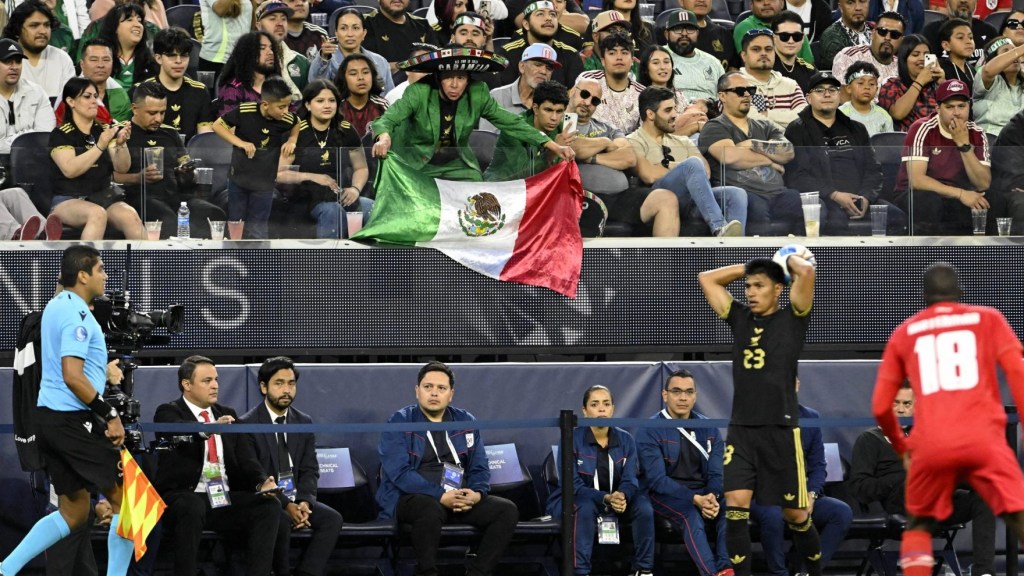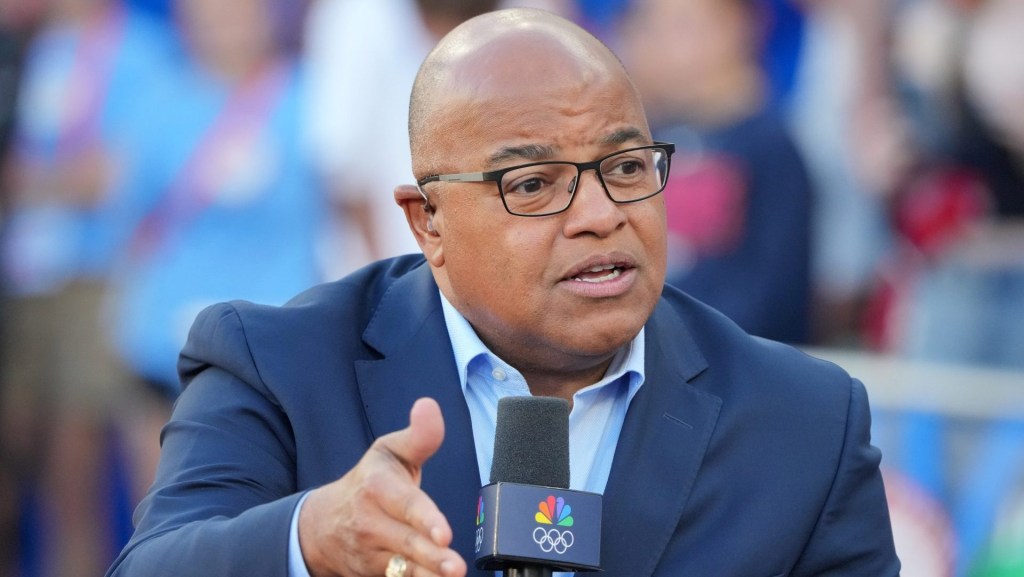ESPN has raised the amount of live Spanish-language programming available on its over-the-top streaming service, in an effort to both grow total subscribers and cater to existing bilingual customers.
ESPN+ will now air up to 70 additional games each month in Spanish across multiple sports, including UFC and MLB, it said. But the biggest draws for fans are expected to be boxing and soccer – the most popular sport on the streaming service within the Hispanic community.
The move also suggests the Disney-owned media giant is attempting to pull additional market share away from market rivals Telemundo and Univision.
ESPN has so far secured the rights to Top Rank Boxing back in 2018 and struck deals with top European soccer leagues – including Serie A, the Bundesliga, and the Eredivisie – in order to add more content for fans on its OTT platform.
Data captured through The ESPN Sports Poll also found that 66% of Hispanics living in the U.S. are soccer fans, with 58% of those polled preferring to watch the game in Spanish. Those numbers are about on par with boxing, according to the company.
“We’ve seen steady subscriber growth overall on ESPN+ and have seen the Hispanic fan base grow as well,” Russell Wolff, executive vice president and general manager of ESPN+, said. “Digital usage is up as well across the board, including on ESPN Deportes.”
ESPN Deportes is both a linear television network and news site operated by ESPN.
ESPN+ will bank on higher subscriber growth and interest from advertisers to offset any costs in bringing more Spanish language programming to market, the company said.
ESPN was able to limit expenses with the new venture since it acquired Spanish distribution rights to some of the content on its OTT platform. Play-by-play and video feeds offered to fans will additionally be provided by ESPN and third-party host broadcast services.
“More content should equal more usage, which should also lead to more attention from advertisers,” Wolff said. “With Spanish-language broadcasts, we have more opportunities to offer partners the chance to speak directly to Spanish language subscribers, which is a desirable audience that is hard to reach.”
READ MORE: ESPN Being More ‘Strategic’ With New Podcasts
ESPN would not directly comment on market rivals Telemundo and Univision. Neither company currently boasts an OTT service, instead offering live programming online only to existing cable subscribers.
ESPN+ currently touts 3.5 million subscribers as of November 2019, and its parent company is expected to provide updated figures on its February 4 earnings call. ESPN also has a dedicated ad sales team for brands interested in its list of Spanish-only products, Wolff said.
Telemundo did not immediately return requests for comment.
Univision currently delivers 51% of all soccer viewership in the U.S., the company said in an email. The network also claims to be the most-watched Spanish-language sports network in the country, with more than the combined average audience of Fox Deportes, ESPN Deportes, and beIN SPORTS En Español.
“While this doesn’t impact our strategy, it’s a signal to us that other media companies have finally recognized the importance of reaching Hispanics – an important and growing consumer base,” Univision said in an email. “Hispanics are passionate about live sports content, most notably soccer, which is why Univision launched sports cable network TUDN in 2012. At that time, Univision placed a big bet on soccer, and it has paid off.”
Univision rebranded the Univision Deportes Network into TUDN in the summer of 2019.
The increased competition among networks bodes well for advertisers in the long term, according to Ava Seave, principal of Quantum Media, a New York City-based consulting firm focused on marketing and strategic planning for media and entertainment companies. More content offerings and services will likely drag down prices for brands.
“The reason you do more Spanish language programming if you are ESPN [on ESPN+ and ESPN Deportes] is you want more advertising from brands interested in viewers watching Spanish language content,” she said, “It’s also a really cheap way for them to make Spanish language viewers happy.”
READ MORE: Tokyo Olympics Kicking Off NBC’s Peacock Streaming Service Sports Strategy
However, the networks face a risk of driving up licensing costs themselves due to individual interest in the same sports.
“The possibility exists that intellectual properties [leagues] can sell English and Spanish language rights separately to get more money,” Seave said. “A Telemundo or Univision may also pay for Spanish distribution rights just to freeze ESPN out.”



![ESPN Bet broadcasts inside the PGA Tour Studios building in Ponte Vedra Beach, Florida, on March 14, 2025. [Clayton Freeman/Florida Times-Union]](https://frontofficesports.com/wp-content/uploads/2026/02/USATSI_25668497_168416386_lowres-1-scaled.jpg?quality=100&w=1024)

![[Subscription Customers Only] Jul 13, 2025; East Rutherford, New Jersey, USA; Chelsea FC midfielder Cole Palmer (10) celebrates winning the final of the 2025 FIFA Club World Cup at MetLife Stadium](https://frontofficesports.com/wp-content/uploads/2026/02/USATSI_26636703-scaled-e1770932227605.jpg?quality=100&w=1024)











